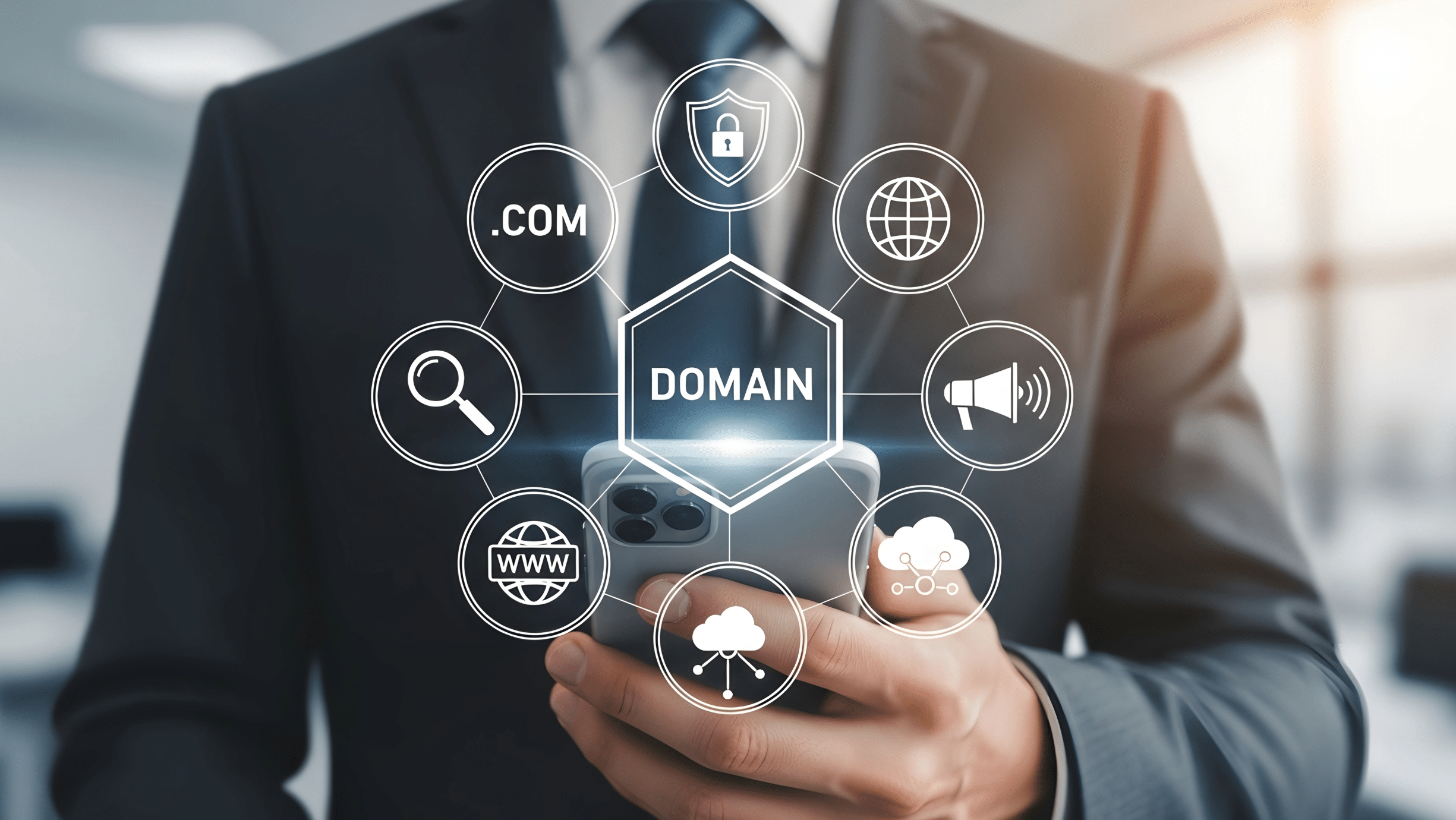Ethical branding is no longer just a feel-good initiative for businesses; it’s an essential strategy for long-term success. Consumers today, particularly those under the age of 40, actively seek out brands that align with their values. For entrepreneurs, startups, and established corporations alike, adopting sustainable business practices is crucial to staying competitive in 2025 and beyond.
If you’re ready to make meaningful changes, this guide explores eco-friendly practices, carbon footprint reduction, and supply chain transparency to help position your brand as both sustainable and ethical.
Why Ethical Branding Matters
Businesses that prioritize sustainability and transparency are not only protecting the planet but are also building stronger relationships with their customers. According to Nielsen, 73% of consumers say they’re willing to change their buying habits to reduce environmental impact. By showing an unwavering commitment to ethical practices, businesses can drive customer loyalty, attract top talent, and secure long-term growth.
Key Principles of Ethical Branding:
- Honesty: Communicate your impact without exaggerating. Avoid “greenwashing” at all costs.
- Consistency: Align your values with your actions throughout your entire organization.
- Accountability: Openly share your progress and areas for improvement. Your customers will appreciate the transparency.
Now, let’s explore specific strategies to embed these principles into your brand.
1. Adopting Eco-Friendly Practices
Sustainability starts with the choices your business makes every day. By focusing on eco-friendly practices, you can minimize waste, reduce your environmental impact, and stand out as a forward-thinking brand.
Examples of Eco-Friendly Initiatives:
- Use green packaging made from recyclable or biodegradable materials, like corrugated cardboard or plant-based plastics.
- Operate on renewable energy sources such as solar or wind.
- Implement energy-efficient technologies across offices, stores, or production facilities.
- Encourage a circular economy by offering programs to repair, reuse, or recycle old products.
Case Study in Action:
Patagonia, the outdoor apparel giant, consistently leads the charge in eco-friendly practices. From using organic cotton and recycled polyester to launching their “Worn Wear” program for garment repair, they’ve proven that sustainability is good for both the planet and the bottom line.
Takeaway for Entrepreneurs: Start with one initiative, such as switching to sustainable packaging, and grow your efforts as you scale.
2. Reducing Your Carbon Footprint
Your carbon footprint is one of the most measurable aspects of your company’s environmental impact. Reducing it isn’t just an ethical move; it’s becoming necessary as government regulations tighten and consumers demand accountability.
How to Reduce Your Carbon Footprint:
- Conduct a carbon audit to identify your emissions hotspots. This could include production, transportation, or office energy use.
- Transition your fleet and logistics to low-emission vehicles or carbon-neutral shipping options.
- Offset emissions through carbon credits or by planting trees.
- Source materials locally to reduce the environmental costs of long-distance transportation.
Case Study in Action:
Microsoft has committed to becoming carbon negative by 2030. The tech giant has overhauled its energy use, supply chain logistics, and internal operations, all while investing in carbon removal technologies to cancel out emissions.
Takeaway for Startups: You don’t need to be a tech behemoth to reduce your footprint. Partnering with carbon-offset solutions or using local suppliers can already set your business on the right path.
3. Prioritizing Supply Chain Transparency
Modern consumers care deeply about how the products they buy are made. To build an ethical brand, you need to ensure that every step of your supply chain aligns with your values. Transparent sourcing and production are paramount.
Ways to Build a Transparent Supply Chain:
- Partner with ethical suppliers that support fair labor and environmentally-friendly practices.
- Use blockchain technology to track and share details about sourcing and production in real time.
- Publicize supplier certifications, like Fair Trade, organic, or B-Corporation accreditation.
- Maintain open dialogue with consumers, providing details about where and how products are made.
Case Study in Action:
Everlane, a direct-to-consumer clothing retailer, has built its entire brand around “radical transparency.” From sharing factory costs to providing environmental impact metrics for each product, Everlane builds trust with customers by demystifying the production process.
Takeaway for Marketing Directors: Use your website and social media to share stories about where your products come from. Transparency breeds loyalty.
Challenges and How to Overcome Them
Implementing ethical practices isn’t always easy, especially for startups with limited budgets or resources. Here are some common hurdles and how to overcome them:
- Budget Constraints: Start small. Focus on one priority area, like eco-friendly packaging, and expand as your business grows.
- Supplier Resistance: Work with several suppliers to find those who align with your values or help your current suppliers evolve.
- Consumer Education: Use educational content (blogs, videos, or infographics) to explain why you’re making sustainable choices and how they benefit everyone.
A Transformative Business Opportunity
Ethical branding is no longer optional. It’s an opportunity to grow revenue, differentiate yourself in the market, and create a lasting positive impact. Here’s why:
- 81% of millennials expect companies to declare their commitment to good corporate citizenship.
- Over $40 billion is invested annually in sustainability-focused businesses, and the figure is only growing.
- Brands that fail to act risk being left behind in a world increasingly shifting toward purpose-driven buying habits.
Start Your Ethical Branding Journey Today
Whether you’re launching a startup or pivoting an established business, every step towards sustainability matters. Nurture the trust of your audience by implementing eco-friendly practices, reducing your carbon footprint, and fostering transparency within your supply chain.
Remember, ethical branding is as much about authenticity and communication as it is about change. The future of business is sustainable, and forward-thinking leaders who adapt will thrive as we move into 2025 and beyond.
Are you ready to take the first step? Start small, dream big, and watch your brand resonate with both people and planet.
We Want To Talk To You About Your Marketing Goals.
Let’s Supercharge Your Online Growth!












